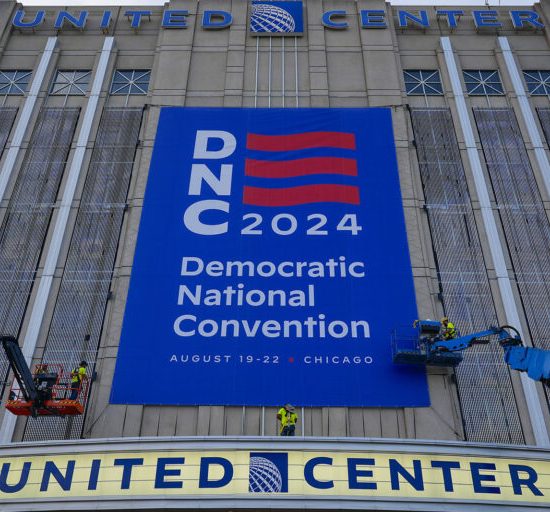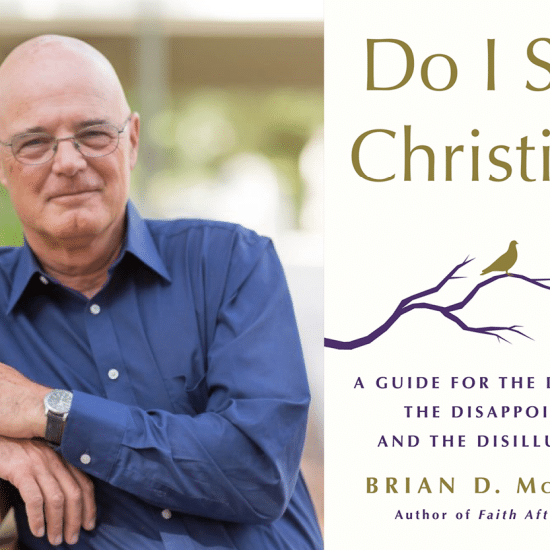WASHINGTON (ABP) — Melissa Rogers, former general counsel for the Baptist Joint Committee for Religious Liberty and current professor at Baptist-related Wake Forest Divinity School, recently finished serving as the chair of President Obama’s Advisory Council on Faith-Based and Neighborhood Partnerships. Below are her responses, via e-mail, to an Associated Baptist Press reporter’s questions about the experience and its meaning for church-state separation.
Q: You served as chair of the President’s Advisory Council on Faith-Based and Neighborhood Partnerships. How did you end up on the council in the first place, and then how were you selected as the chair?
A: [White House Office of Faith-Based and Neighborhood Partnerships Director] Joshua DuBois invited me to serve on the council about a year ago, and then he asked me to serve as its chair for our last few months of work.
Q: The council has worked on several initiatives that President Obama has laid out that deal with faith-based and secular community-service organizations — but the most controversial dealt with whether and how deeply religious organizations like local churches should receive and use government funding to carry out social services. What was the most difficult discussion you had to moderate in your time as chair?
A: Council members differed over several issues, including some church-state matters, although we were able to find common ground on the overwhelming majority of issues addressed in our recommendations. Perhaps the most challenging council-wide discussion was one that took place the day before we voted on the final report. The discussion focused on a recommendation in the global poverty report on what’s known as the “Partner Vetting System” developed by the United States Agency for International Development. It became clear that certain council members had some questions about that recommendation. It was my sense that there was enough agreement among us on the relevant point to come together in the end, but we had less than 24 hours to talk it over and revise the recommendation, which addresses a complicated and sensitive issue. That was challenging. Nevertheless, we were able to work together and unanimously approve the revised recommendation and the final report the next day.
Q: On one of those highly controversial questions — whether churches should be required to form separate non-profit corporations to receive government grants — the council narrowly decided in favor of a position that you and other Baptist supporters of strong church-state separation have supported in the past. Do you think that’s a victory for church-state separation?
A: We worked hard on developing the arguments in that part of the report, and, as you note, I certainly believe that — for the good of both church and state — the government should take this step. So I was pleased to see the proposal draw support from a large and diverse group of council members. If you read the arguments back and forth in the report, you see that even those on the other side of this question believe separate incorporation for houses of worship is advisable in many cases, so that’s also worth noting.
Q: What about the council’s support for clearer constitutional guidance to faith-based providers on how to avoid violating the Establishment Clause? Is that also a victory for those like yourself who have been critical of President Bush’s faith-based effort (and charitable choice before it) for lacking clear enough guidelines?
A: I’m pleased that the whole council united around a call for some important reforms of the existing system. We are at a new stage when some who supported charitable choice as well as some who opposed it can agree on a list of common-ground standards that should control many issues in this area. These aren’t personal victories. Instead, they are a demonstration of the merit of the ideas and a testament to the group’s dogged commitment to listen to one another and work together despite our differences on some important issues.
Q: Do you have any indication of whether the administration will follow those particular recommendations (on separate incorporation and clearer constitutional guidance to providers)?
A: I expect the administration to give the recommendations serious consideration in the very near term. Those of us who worked on them will continue to urge swift adoption, and I hope others will as well. While some of our recommendations will require amendments to an existing executive order and existing regulations, a number of others may be adopted simply by making changes in practice. On the latter score, let me note that I already see the White House Office [of Faith-Based and Neighborhood Partnerships] placing heavy emphasis on constitutional compliance in its rhetoric, and I see substantial evidence that the White House and the centers in federal agencies are moving toward promoting non-financial collaboration with non-profits as much as financial collaboration. In our report, we recommended that the administration take both of these steps, so that is encouraging.
Q: The council was not charged by the administration with addressing what is possibly the most controversial part of the faith-based effort: Whether religious groups receiving government funds may discriminate in hiring on the basis of religion or other related characteristics. Of course, you’ve staked out a position on this in the past. Are you disappointed you didn’t have the chance to deal with it as a council?
A: I argued that the council should take on this issue (along with other issues). I don’t believe we would have found the silver bullet that totally resolves the conflict and pleases everyone, but I do believe we could have performed a public service by engaging in a civil discussion, shedding more light on current law and practice, clearing up some misunderstandings, and clarifying areas of agreement and disagreement. Having said that, let me also say that what is most important is not the advice the council has provided or the processes it used, but the decisions the administration ultimately makes on this and a host of other legal and policy issues.
Q: Do you expect the administration to make a decision on that question anytime soon?
A: I don’t have any information about the timetable for decision-making on this issue. I have and will continue to urge the administration to address it soon.
-30-
Robert Marus is managing editor and Washington bureau chief for Associated Baptist Press.






